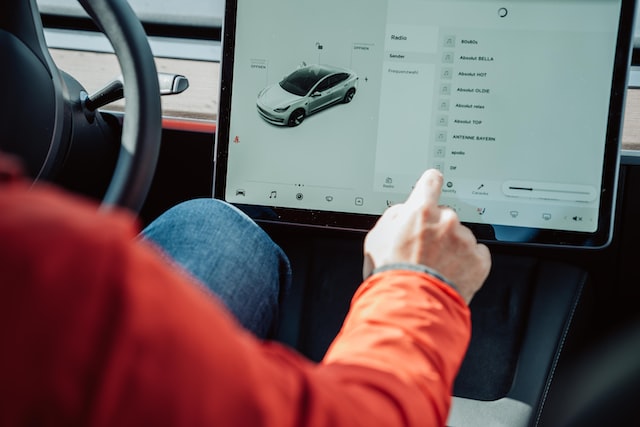Electric cars are already cheaper to run than petrol vehicles and will become less expensive to buy than fossil fuel equivalents within three years.
According to a report by researchers at the UK’s University of Exeter, price parity for battery-electric vehicles is as little as one year away in Europe, two years in China and three years for medium-sized cars in the US.
The transport technology could reach equal pricing even faster, researchers noted, if governments provided subsidies for potential buyers.
The research could be negative news for Australian drivers, however, as it came days after the NSW government confirmed plans to scrap a $3000 subsidy on electric vehicles, months after the Victorian government did the same.
The analysis, led by the Rocky Mountain Institute and Bezos Earth Fund, included forecasts based on electric vehicle adoption in Europe, the US, China, India and Japan.
It found electric cars had already become cheaper to own and use than petrol and diesel cars in Europe and China, and the US was likely to follow in 2024 or 2025.
A second tipping point that would see electric vehicle prices equal to petrol and diesel cars would be reached in all three regions by 2026 for small and medium-sized cars, the study predicted.
Electric car price parity would also hit the market in India by 2027 and Japan by 2030, with the delay down to strong hybrid vehicle sales.
The forecasts did not account for electric vehicle subsidies, however, with the report noting “the tipping point for the consumer will be even earlier where governments provide them”.
Project policy impact lead Simon Sharpe said governments could also boost low-emission transport by introducing deadlines for petrol car sales, road taxes and building more charging stations.
“Strong policy has got the transition to electric vehicles started and just because the transition is now gathering pace does not mean that any government should take its foot off the accelerator,” he said.
“Zero-emission vehicle mandates, investment in charging infrastructure, purchase incentives and battery-recycling standards can all help people to enjoy the benefits of low-cost, zero-emission, sustainable road transport sooner.”
But the NSW government is expected to scrap a $3000 rebate for new electric vehicle purchases and stamp duty exceptions in its budget on Tuesday after Premier Chris Minns said advice showed it could be raising the price of vehicles.
The Victorian government also ended its $3000 electric car rebate in June.
Electric Vehicle Council chief executive Behyad Jafari said the state-based rebates had driven “significant uptake” of low-emission cars in Australia and urged coalition and Greens politicians to oppose their removal.
“Fewer EVs means dirtier Sydney air, continued reliance on foreign oil imports, higher carbon emissions and more budget pressure on everyday households,” he said.
Other states and territories to offer EV incentives include Queensland, Western Australia, South Australia and the ACT.
Jennifer Dudley-Nicholson
(Australian Associated Press)





